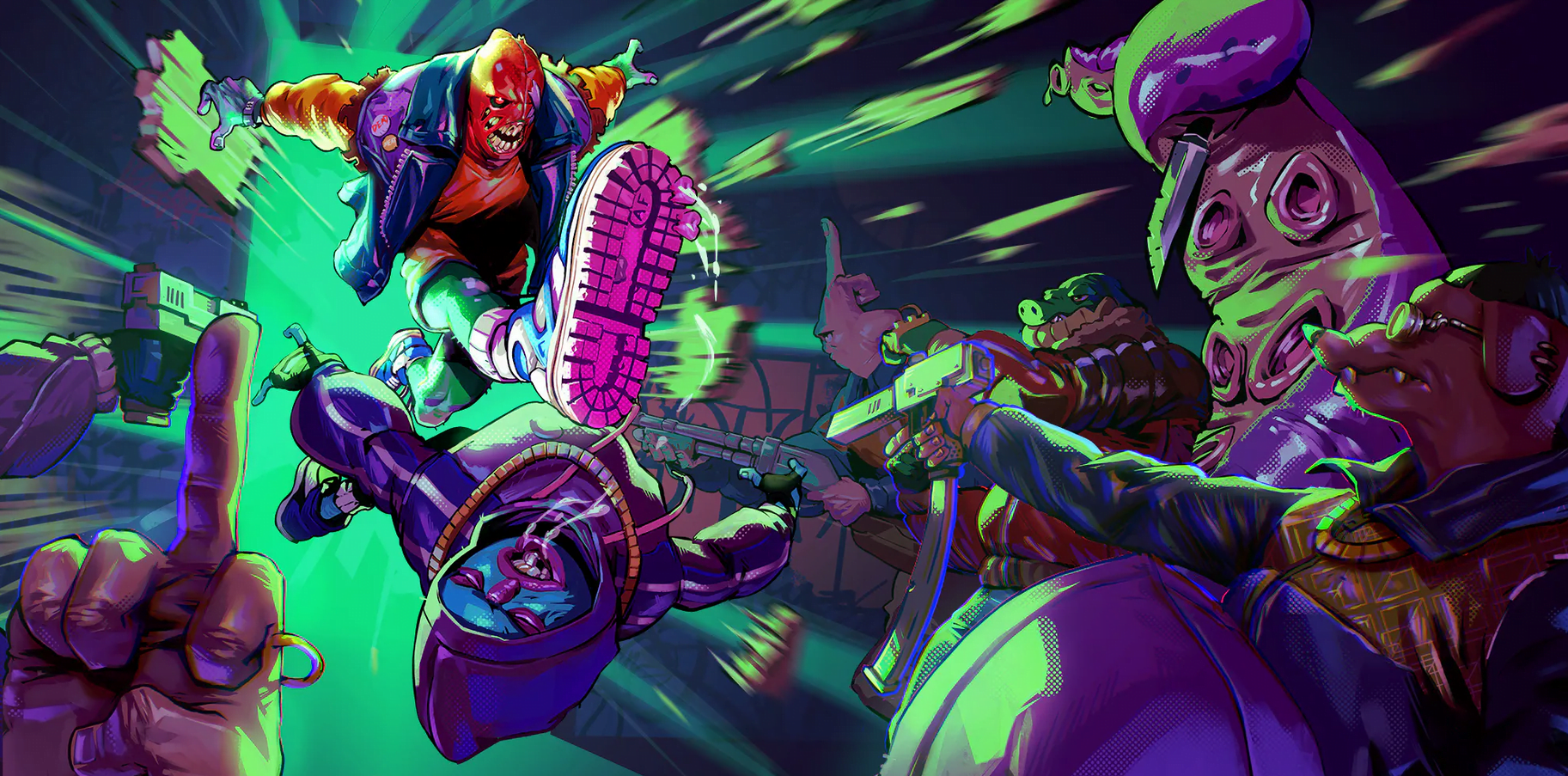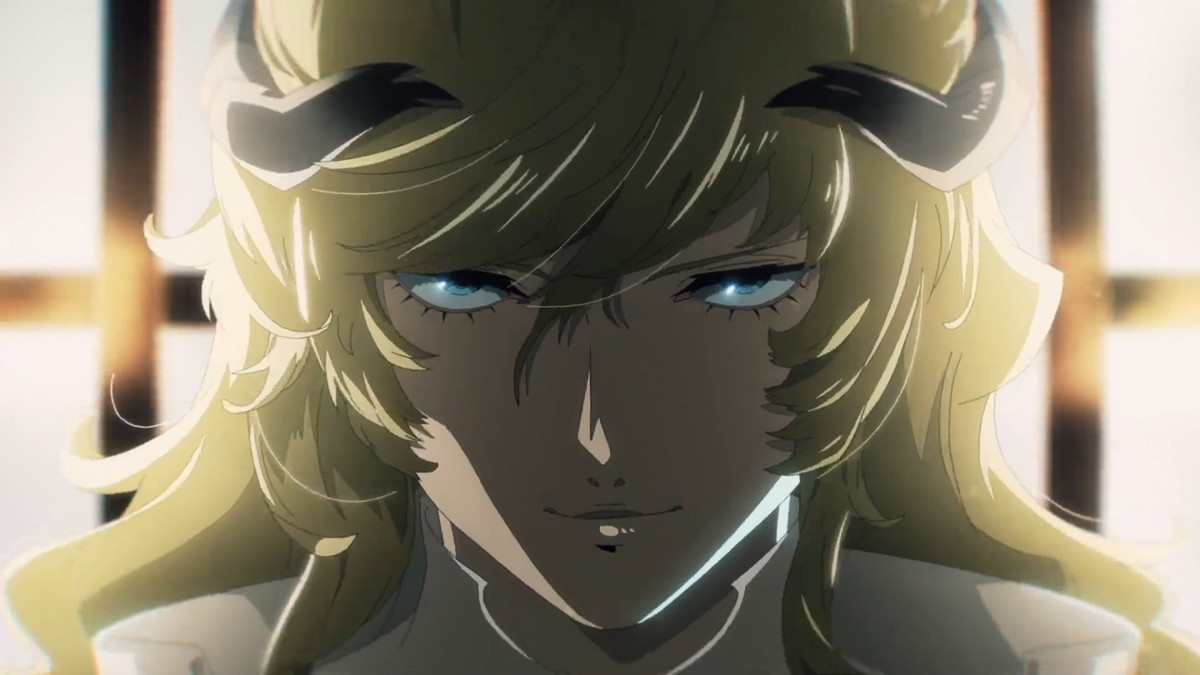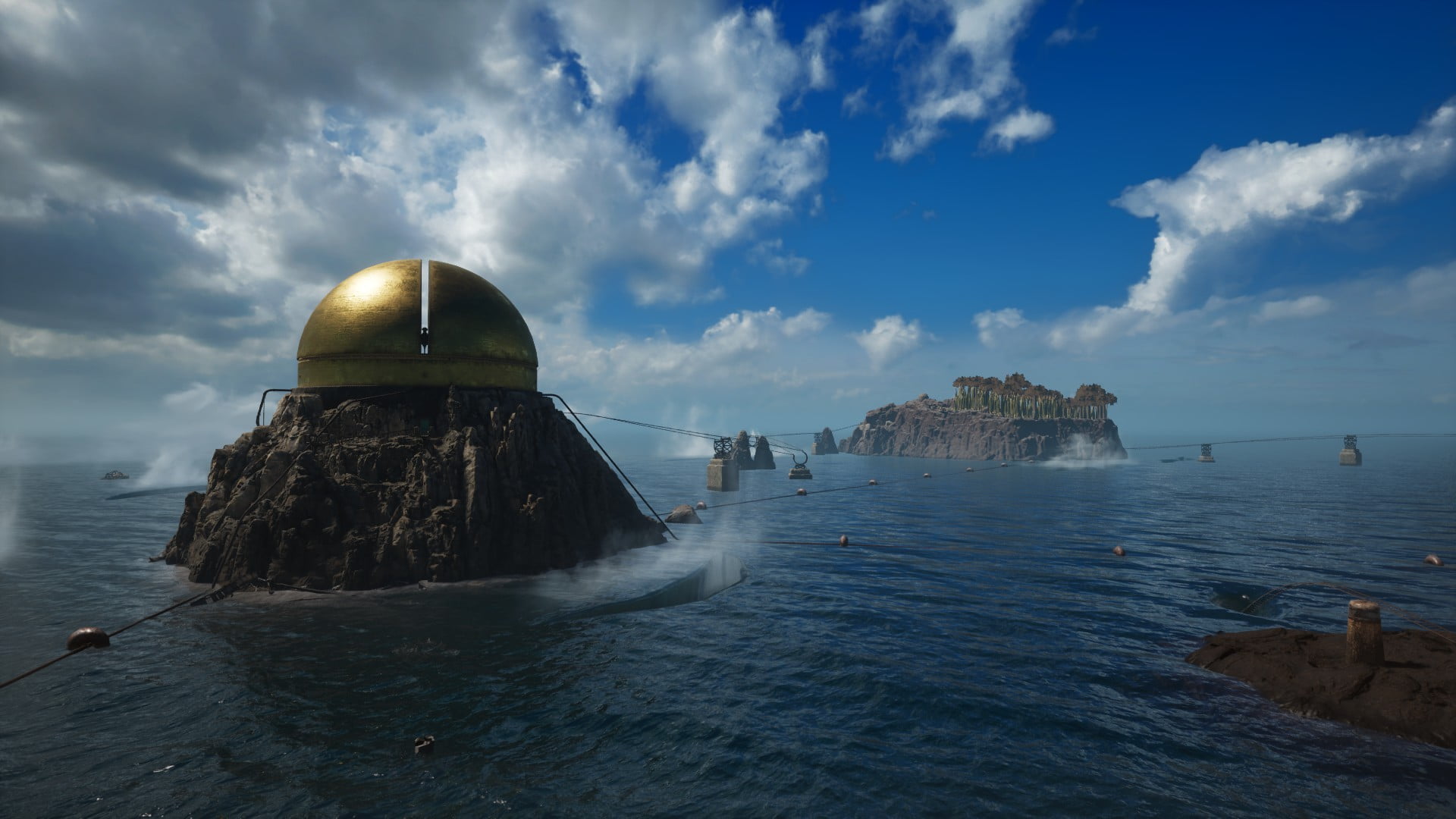Welcome back yet again to Entertainium’s group discussion of Bioshock Infinite. We’re close to the end now, as we approach the subject of morality and close things off by sharing our final thoughts about the game.
Once more: Spoilers, proceed with caution, yadda yadda yadda. You know the drill.
Part III: Let’s move on to morality. How did you like Infinite’s approach to it? Did you steal right away? What was your first choice at the fairgrounds?
Callum: I threw the ball at the announcer. No way was I going to attack an innocent couple. Only wish the ball made contact…
Tried to avoid stealing. Already drew the ire of the entire city’s military. Didn’t need the locals getting on my back for being a thief. Lost out on a fusion jar (or whatever they are) and some gear, but no big deal. Better that than being forced to waste ammo on civilians. There was one strange instance, however, where I was suddenly attacked on the grounds of theft when I didn’t do anything.
It was in the slums. I was moving toward the tavern since Elizabeth mentioned it. Started down the stairs when, out of nowhere, a few folks ambushed me. Kept crying thief, but I hadn’t stolen anything. It was really weird.
Andrew: I didn’t throw the ball at all, I just waited. As Booker I was trying to lie low but at the same time not be a despicable monster so it felt like the option to go with. As for stealing I meta-gamed it. The problem is that up until the slums, all the places where you could steal looked like combat arenas. So why steal when you would go through it later and just pick it up then without the stealing penalty. When you get to the slums though those two guys outside the bar try to mug you which is why they attack you, or that’s what I took from it anyway. Either way, it can quickly escalate to more fighting in that area for some reason so yeah, I suppose I technically chose to not steal but not really.
Actually the thing that made me almost stop taking everything around was how Elizabeth was framed. Of course she’s new to the world, but I probably shouldn’t walk up next to these three kids playing on the beach and take these $3 next to them. But then like 20 seconds after I have that thought, Elizabeth says “Hey, I found this money”, which thematically would mean that she was also kind of pilfering anything that wasn’t bolted to the table.
I believe the pendant thing is purely cosmetic. I actually didn’t mind there not really being any explicit moral choices in the game, because then the choice was more about you the player than it was you did X so Y happens. Like with choosing to spare or kill Slate. That was a really good moment because if you spare him, something way worse ends up happening to him. Even finding him again in that prison I didn’t shoot him, it might have been a mercy killing but I still didn’t/couldn’t do it.
Eduardo: Me neither, I didn’t shoot him either, at any point. I did yell at the guy at the ticket booth and retried, since Elizabeth ran away… but she does it anyway even when you get your hand stabbed. Disappointing!
Callum: That’s because she sees you murder a bunch of people. Difficult to reconcile when you’ve been locked up for most of your life.
I didn’t kill Slate, either. Started regretting it after I saw him in the prison. Didn’t have any sympathy for the guy during the museum level. But felt bad about not being more merciful later.
Eduardo: No, no, I didn’t mean seeing her run away, but both of the things you do have the same outcome. I was expecting to see something different, other than have everyone turn on you right away. I guess that left me a little disappointed. Seemed like the perfect opportunity to show off different outcomes that rely on your decisions.
Gareth: Stealing is inconsequential. At the boardwalk on my second playthrough I stole everything and actually that worked out better than not, because you can get more Silver Eagles. Keeping the peace seems to be more Booker’s character, but I need the money! I can also tell you from my second playthrough that if you try to throw the ball at the couple, the police still interrupt you but then they don’t appear in Battleship Bay and offer you a bit of gear. Also from starting a second playthrough there is no “New Game Plus”; you start from scratch with nothing again and have to find all the gear from the beginning.
Deeper morality themes, I’m still very unsure what the game is saying about religion. Comstock is a born-again Christian, but he’s also completely evil and insane. Is the game trying to say that blind devotion to a higher being ignores the evil which exists on Earth? Comstock getting baptized was supposed to absolve him of his sins at Wounded Knee, but evidently this led him to a far more evil, bitter and racist viewpoint than if he wasn’t baptized. I don’t think it’s outright saying “religion is bad”, it’s a lot more nuanced than that.
Also something I just discovered: It is explained where Elizabeth C (returning to my universe numbering) is when Booker and Elizabeth go to the Vox revolution universe. There’s a Voxaphone where Booker C (Hero of the Vox, who is dead) explains that he went to Monument Island to get her but she wasn’t there, and has been moved to “Comstock’s fortress” due to the revolution. Booker C is fighting with the Vox in order to remove Comstock and install Fitzroy, who had agreed to give Elizabeth to him afterwards.
I agree that finding Voxaphones seems pretty critical to properly understanding the plot, probably too critical.
Callum: It’s one of the downfalls of working with audio-logs. Made more sense in the original, in part, because the society of Rapture already fell. Learning what happened through them made more sense there than it did in Infinite.
I don’t think Infinite is trying to say anything about religion. More likely, it’s using it as a thematic element because the story called for it. Being reborn via baptism makes more sense than, say, Booker just randomly becoming the madman he was as Comstock.
Andrew: I’m becoming increasingly annoyed by their usage in just games in general. Audio logs, you had a good run there, but I think the industry needs to move past them as a narrative crutch. Some of them make sense in world and add texture to the narrative, other times not so much, like how they’re just left kind of everywhere regardless of if it makes sense for them to be where they are in the world. It’s a gamey collectable with the added carrot of story. This isn’t really a criticism of BioShock Infinite specifically, but more the trend in games. I’ve heard a bit too much of ‘If you had found this Voxophone in where ever that was totally explained’, it rings slightly hollow and hand wavy. I would be curious to know what it would be like to go through the game and hear the Voxophones only on the critical path and how that frames the story.
I agree with it not really being about religion. It’s far more about Nationalism and it’s dangers more than anything. Baptism, however, is interesting, because I think it does raise the question of if it did have the quality of being able to wash you of your sins, should it. Those sins are an integral part to who Booker is and shapes who he is and his world view. Comstock on the other hand isn’t just a rebirth, in many ways the utter and complete destruction of Booker into a different person. A death that comes around again with the end of the game when he’s just killed but not given the rebirth.
CLOSING PERSONAL THOUGHTS
Callum: What impresses me most about BioShock Infinite is how effortlessly it executes story and gameplay. Too often it seems like you can only have one or the other: superb gameplay, but a merely passable narrative; strong narrative, but merely okay or passive gameplay. Infinite delivers both at no cost of the other. And that’s awesome.
Any game that can spark – no, demand – such extensive discussion and analysis is definitely something special. Doubly so for being a big-budget game, which often stray away from tackling deeply serious subjects.
Andrew: For me, the thing that makes Bioshock Infinite so compelling is the world that it creates and the people that inhabit it. Yes that world is flawed in its creation, but it still draws you in and gets you to question and think about what goes on in it and how the people in it came to be. The fact that it does spark such discussion speaks volumes about what Infinite was trying to do. There are a lot of great parts to the game and there are plenty of parts where it falls flat, but it’s still one of the most interesting game worlds to spend some time in.
Gareth: I feel BioShock Infinite is, in very simple terms, a great sequel to the original BioShock. Indeed, Infinite feels genuinely more like a sequel than BioShock 2 ever did. More than that, it creates a fascinating world, populates it with emotive characters and delivers an interesting (if confusing) story. To top it off, it is able to finish with a highly memorable and original ending, the ins and outs of which will be debated for many months to come. It is certainly one of the most thought-provoking and detailed games I’ve ever played, which is able to create a unique sense of place and style, coupled with a gorgeous soundtrack. Irrational also made a number of important improvements to gameplay, allowing Infinite to feel more fully-rounded than its predecessor. I hope that they refrain from making anymore BioShock games, because Infinite serves as an ideal epilogue to the series that shouldn’t be spoiled. Whilst BioShock original still holds more weight and will probably last longer in the pantheon of game history, Infinite can be more than proud to float away over its shoulders into the sky.
They should still have called it SkyShock, though.
Eduardo: Honestly, I think there shouldn’t be any more Bioshock games after Infinite. It closes off the universe beautifully, proclaiming in its now quotable line “There’s always a lighthouse, there’s always a man, there’s always a city”. Anything coming after this will feel off to me. Obviously, there’s always the issue of money and having to profit from making games, keeping studios going in the process. So there probably will be more games in the future and they’ll be conveniently written into continuity or something.
I just thought the ending to Infinite perfectly encapsulates – in a rather gigantic capsule, if you take the word literally – what the entire series is all about, which ironically ties this game with Super Mario Galaxy. Galaxy ended by basically telling us that Mario’s world is trapped in a cycle and that he’ll always be saving the princess and defeating Bowser, one way or the other. It was a weird and surprisingly dark and depressing note to end such a cheerful game on that somehow made perfect sense.
Granted, Bioshock has about ten miles of top to bottom pages in terms of story since the beginning, with gameplay to support it, unlike Mario, the plumber/carpenter/referee/doctor/midwife combo of a cartoon character, who fits in wherever he is put, no questions asked.
Regardless of how we feel about how it handles shooting and actual gameplay, or how many plot gaps there are here and there in any of their games, we gotta hand it to Irrational Games – they know how to make amazing experiences. And Bioshock Infinite is no different, most definitely.
As with any group work, we have to know when to call it quits! Do you have any thoughts about Bioshock Infinite that you would like to share? Then drop by our comments or reach us at Twitter! Our handles are @c_rakestraw, @EduardoReb, @lim_ak, and @gbrading.
Thanks for joining us. See you at the other side of this weird trans dimensional portal thing, folks!








